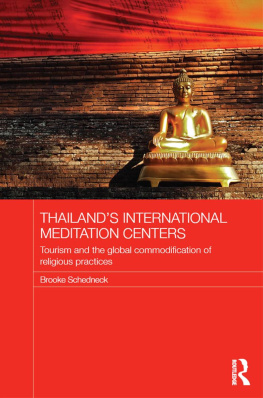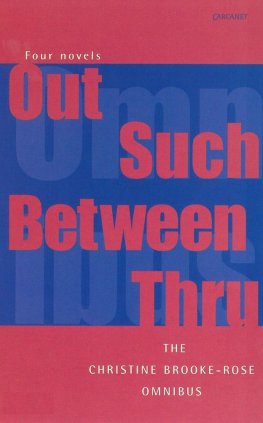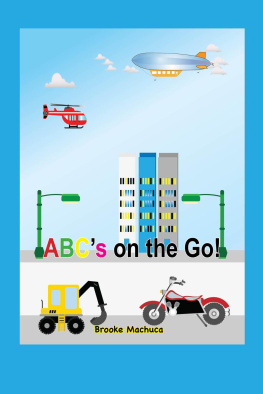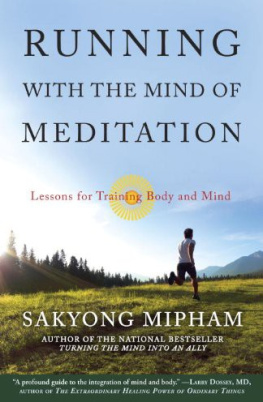Thailands International Meditation Centers
This book explores contemporary practices within the new institution of international meditation centers in Thailand. It discusses the development of Thai Buddhism, the evolution of Western views about Thai Buddhism, and relates Thai Buddhism to contemporary processes of commodification and globalization. Through an examination of how meditation centers are promoted internationally, the author considers how Thai Buddhism is translated and taught to international tourists. Shedding new light on global religious practices, and raising new questions concerning tourism and religion, this book focuses on the nature of cultural exchange, spiritual tourism, and religious choice in modernity. With an aim of reframing questions of religious modernity and an emphasis on all of the actors involved in the promotion of meditation and new forms of religiosity, each chapter offers a new perspective on the phenomenon of spiritual seeking in Thailand. Offering an analysis of why meditation practices appeal to non-Buddhists, this book contends that religions do not travel as whole entities, but instead that partial elements resonate with different cultures and are appropriated over time.
Brooke Schedneck is Lecturer in Buddhist Studies at the Institute of Southeast Asian Affairs at Chiangmai University, Thailand.
Routledge Religion in Contemporary Asia Series
Series Editor
Bryan S. Turner, Professor at the City University of New York and Director of the Centre for Religion and Society at the University of Western Sydney
1 State Management of Religion in Indonesia
Myengkyo Seo
2 Religious Pluralism, State and Society in Asia
Edited by Chiara Formichi
3 Thailands International Meditation Centers
Tourism and the global commodification of religious practices
Brooke Schedneck
Thailands International Meditation Centers
Tourism and the global commodification of religious practices
Brooke Schedneck
First published 2015
by Routledge
2 Park Square, Milton Park, Abingdon, Oxon OX14 4RN
and by Routledge
711 Third Avenue, New York, NY 10017
Routledge is an imprint of the Taylor & Francis Group, an Informa business 2015 Brooke Schedneck
The right of Brooke Schedneck to be identified as author of this work has been asserted by her in accordance with sections 77 and 78 of the Copyright, Designs and Patents Act 1988.
All rights reserved. No part of this book may be reprinted or reproduced or utilised in any form or by any electronic, mechanical, or other means, now known or hereafter invented, including photocopying and recording, or in any information storage or retrieval system, without permission in writing from the publishers.
Trademark notice: Product or corporate names may be trademarks or registered trademarks, and are used only for identification and explanation without intent to infringe.
British Library Cataloguing in Publication Data
A catalogue record for this book is available from the British Library
Library of Congress Cataloging-in-Publication Data
Schedneck, Brooke, author.
Thailands international meditation centers : tourism and the global commodification of religious practices / Brooke Schedneck.
pages cm. (Routledge religion in contemporary Asia series ; 3)
1. MeditationThailandBuddhism. 2. GlobalizationReligious aspectsBuddhism. 3. TourismThailand. 4. BuddhismThailand.
I. Title.
BQ566.S28 2015
294.3443509593dc23
2014045177
ISBN: 978-0-415-81958-9 (hbk)
ISBN: 978-1-315-69728-4 (ebk)
Typeset in Times New Roman
by Swales & Willis Ltd, Exeter, Devon, UK
To my two favorite guys: PWin and Nong Jet!
Contents
In order to conduct this research, I first needed the consent and willingness of the teachers and participants in Thailands international meditation centers. Therefore, I am most indebted to all of the international meditation center teachers who supported my project, taught me about their meditation program and teachings, and made the time to answer my questions in formal interview settings. I also must thank all of the international meditators I encountered who were happy to share their stories, motivations, reflections, and experiences with me. I use actual names for those meditation teachers who are public figures but rely on pseudonyms for other teachers and international meditators.
The first incarnation of this work was my dissertation, so a special thanks goes to the support I received from professors and colleagues at Arizona State University. My advisor, Juliane Schober, always offered gentle encouragement and constant enthusiasm for my project. Her mentorship has extended beyond the dissertation and book to include all aspects of academia. I would also like to extend my gratitude to Joel Gereboff, Tracy Fessenden, and James Rush, who greatly encouraged and supported my work. Discussions with colleagues Seth Clippard, Semiha Topal, Smita Kothari, Jean-Marie Stevens, Samsul Maarif, Sadia Mahmood, and Bret Lewis about religious studies theories and methods enhanced my thinking and the quality of my fieldwork and writing. During previous graduate work at Harvard University, classes with Anne Blackburn and Christopher Queen influenced my thinking about Buddhist studies. As well, Professor Donald Swearers enthusiasm for Buddhism in Southeast Asia sparked my own, and I would like to thank him for encouraging my interest in this field.
I have benefited from financial support from a Fulbright grant for my research in Thailand. My work was also furthered though funding during the writing phase from Arizona State University Graduate College, the Empowering Network for International Thai Studies, and the Philanthropic Educational Organization. I am indebted to these organizations for their support during this writing period. My writing and thinking during the course of this project was also fostered through conferences where I presented my work. In particular, feedback from participants in the International Association of Buddhist Studies (2011) in Taiwan, the Sakyadhita Conference (2011) in Thailand, the Fulbright Mid-Year Enrichment Seminar (2010) in the Philippines, the Southeast Asia Graduate Conference (2011) at the University of Michigan, and the Western Perspectives on Buddhism conference at Ludwig-Maxilian University in Munich (2011), was useful in developing the framework and structure of the manuscript. Especially important in this regard is the Henry Luce Foundation for its support of my participation in the Theravda Civilizations Dissertation Workshop. For their comments during this workshop I thank Steven Collins, Anne Hansen, Christoph Emmrich, and Justin McDaniel. I wish to acknowledge the staff of the Ecole franaise dExtrme-Orient in Chiangmai including Piyawit Moonkham and Rosakon Siriyuktanont, for their friendliness and interest during my many days of writing in their beautiful library.
My friends and colleagues in Chiangmai, Thailand, my base while researching this book, have also helped to shape some of my thinking about international meditation centers. Charlotte Trenk-Hinterberger, Steve Epstein, Miskaman Rujavichai, Tidarat Jitsook, Apinya Feungfusakul, and Alan Lopez provided valuable ideas and clarifications. Since 2010 my Thai teacher, Potjanee Manipantee, or Kru Oo, has not only taught me new vocabulary and sentence structures, but also provided valuable perspectives and information about Buddhism and meditation in Thailand. My students and colleagues at my current institution, the Institute of Southeast Asian Affairs at Chiangmai University, have encouraged and provided intellectual support. Students in my Buddhism in Thai Society course at Chiangmai University and Buddhist Meditation course at Payap University have offered useful conversations about their encounters with Thai Buddhism and meditation. I particularly appreciate my students who attended meditation retreats and discussed their experiences with me. My colleague Adam Dedman has supported this project since its inception, always helping me to connect with scholars and interested meditators. I thank him especially for his thoughtfulness and friendship.













